13 Skills Younger People Are Refusing to Learn that Might Change The World
You might notice that certain important skills seem to be fading from younger generations. These are abilities that once shaped how people solved problems, worked together, and created change in their communities.
These are some of those skills and why they still matter for anyone who wants to make a difference in the world.
Handwriting with pen and paper

You might think typing is faster and more efficient, but handwriting helps you remember information better. Writing by hand engages your brain differently, improving focus and creativity.
Using pen and paper can also reduce digital distractions. It gives you a break from screens and helps you think more clearly.
Plus, handwriting is a skill that connects you to history and personal expression. It’s a simple way to slow down and appreciate your thoughts.
Basic plumbing repairs

Learning basic plumbing repairs can save you time and money. You don’t have to wait for a professional every time you face a clogged drain or a leaking faucet.
Knowing how to fix simple issues like a running toilet or a dripping tap helps prevent bigger problems. It also gives you more control over your home maintenance.
With just a few tools and some guidance, you can handle small jobs confidently. These skills reduce stress and keep your home running smoothly.
Sewing and mending clothes
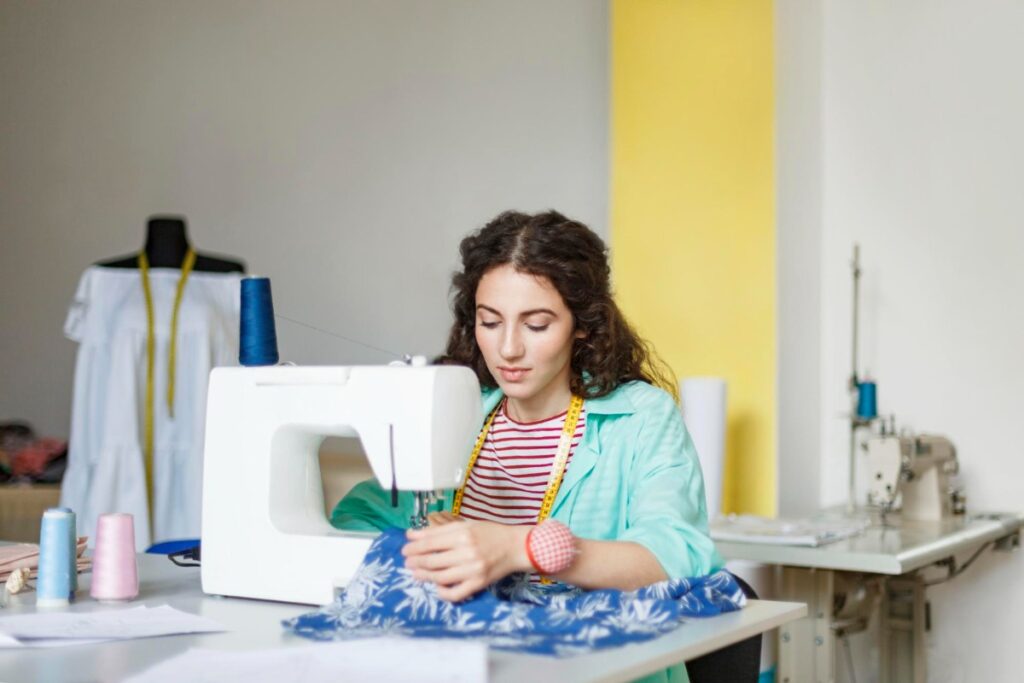
You might think sewing is outdated, but it’s a practical skill that can save you money. Fixing a small tear or replacing a button means you don’t have to throw clothes away.
Learning to mend your clothes also helps reduce waste and the demand for fast fashion. It’s a simple way to care for your belongings and the environment.
Plus, sewing can be relaxing and even creative. You can customize your clothes, giving them a personal touch that store-bought items lack.
Using a map and compass
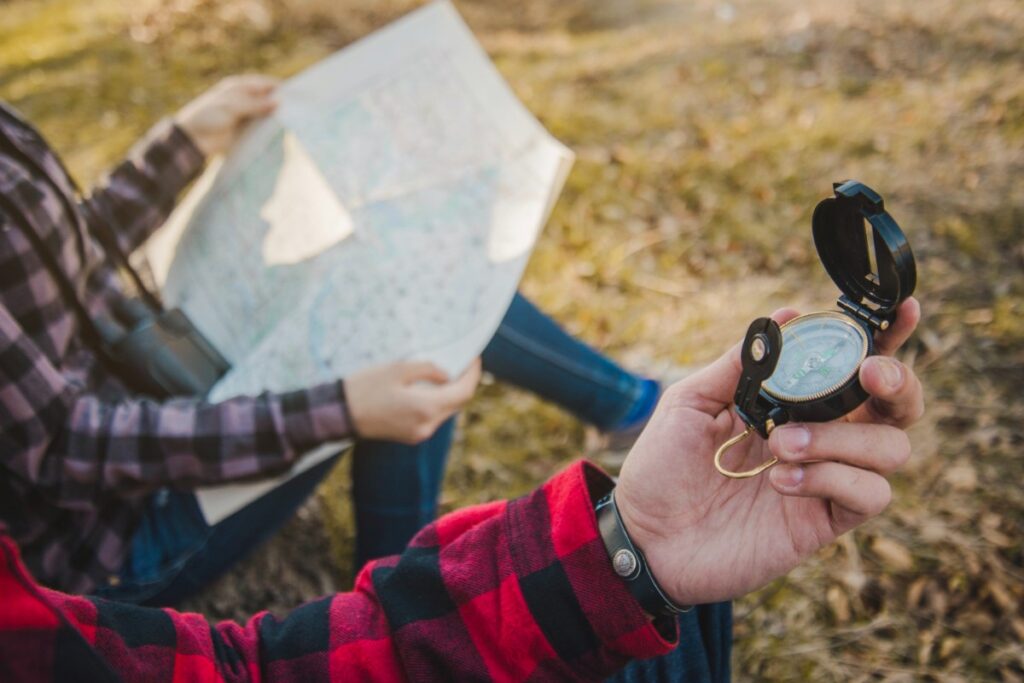
You might think GPS has made maps and compasses obsolete, but knowing how to use them is a valuable skill. If your device dies or loses signal, a map and compass can guide you safely.
Learning to read contour lines and understand directions builds your sense of place. It can help you stay calm and confident when you’re lost.
Using a compass teaches you patience and focus. These old-school navigation skills connect you to the environment in a way screens can’t. Give it a try sometime—you might find it surprisingly rewarding.
Cooking from scratch

Learning to cook from scratch gives you control over what goes into your food. You can avoid processed ingredients and make healthier choices. It also helps you appreciate the effort behind each meal.
When you cook from raw ingredients, you develop patience and creativity. You start experimenting with flavors and techniques that pre-made meals don’t offer. Plus, it can be more budget-friendly.
You gain a valuable life skill that connects you to traditions and culture. Cooking from scratch encourages mindful eating and can even improve your confidence in the kitchen.
Basic vehicle maintenance
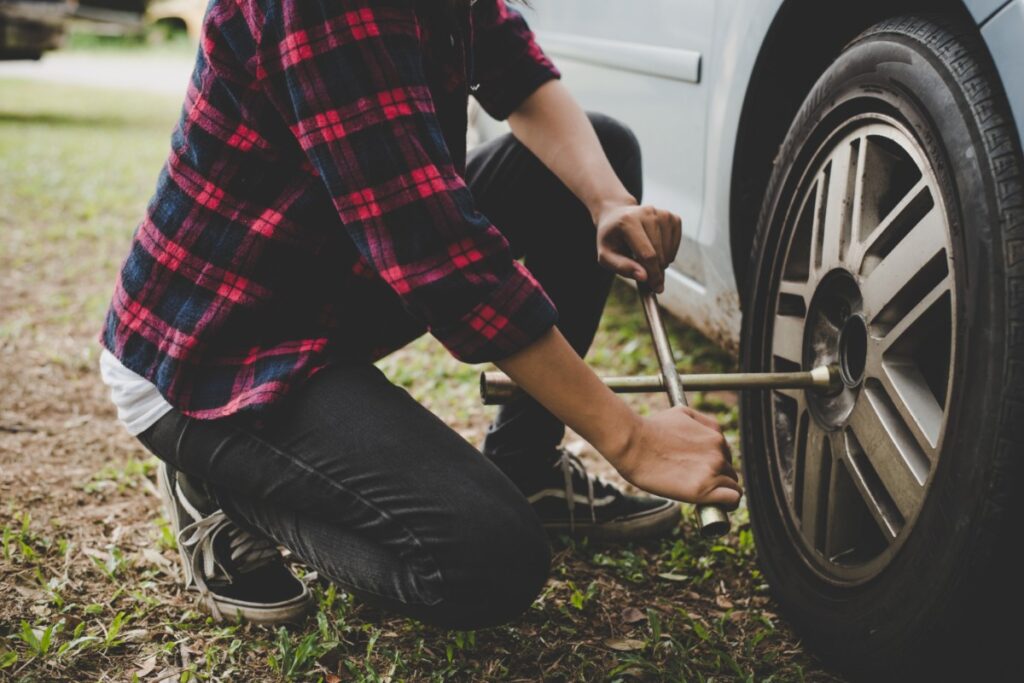
Knowing how to check your oil and tire pressure can save you time and money. It helps prevent breakdowns and keeps your vehicle running smoothly.
Changing a flat tire or replacing windshield wipers might seem simple, but many avoid learning these tasks. If you know how to do them, you won’t have to rely on others.
Basic maintenance also means understanding your car’s warning signals. When you catch small issues early, it can prevent costly repairs later on.
Plant identification and foraging
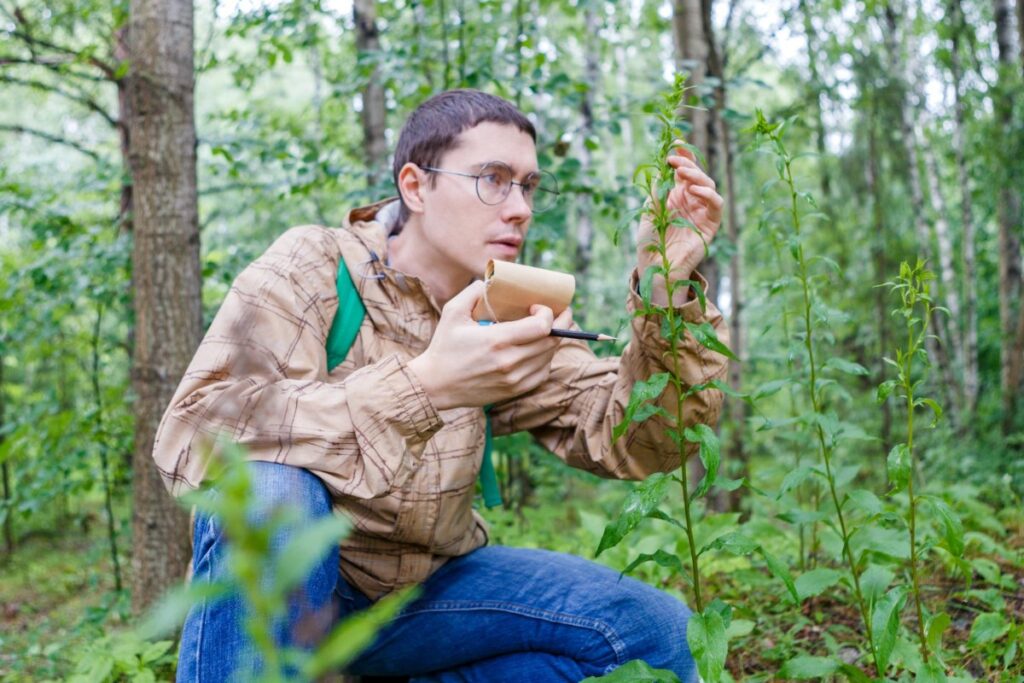
You might not realize how useful it is to recognize local plants. Learning plant identification helps you find wild food safely and saves money on groceries.
Foraging connects you to nature in a simple, practical way. It teaches you which plants are edible, medicinal, or toxic.
By knowing your plants, you gain a skill that promotes self-reliance. Plus, it encourages mindful eating and respect for the environment. You don’t need special equipment—just curiosity and practice.
Reading analog clocks

You might think digital clocks are enough, but understanding analog clocks still matters. They help you quickly visualize time passing because of the moving hands.
When you learn to read an analog clock, you can tell time without depending on screens. This skill also improves your number and spatial awareness.
Sometimes analog clocks are the only option, like on some walls or in public places. Being able to read them keeps you connected to everyday life in a practical way.
Building a fire without tools
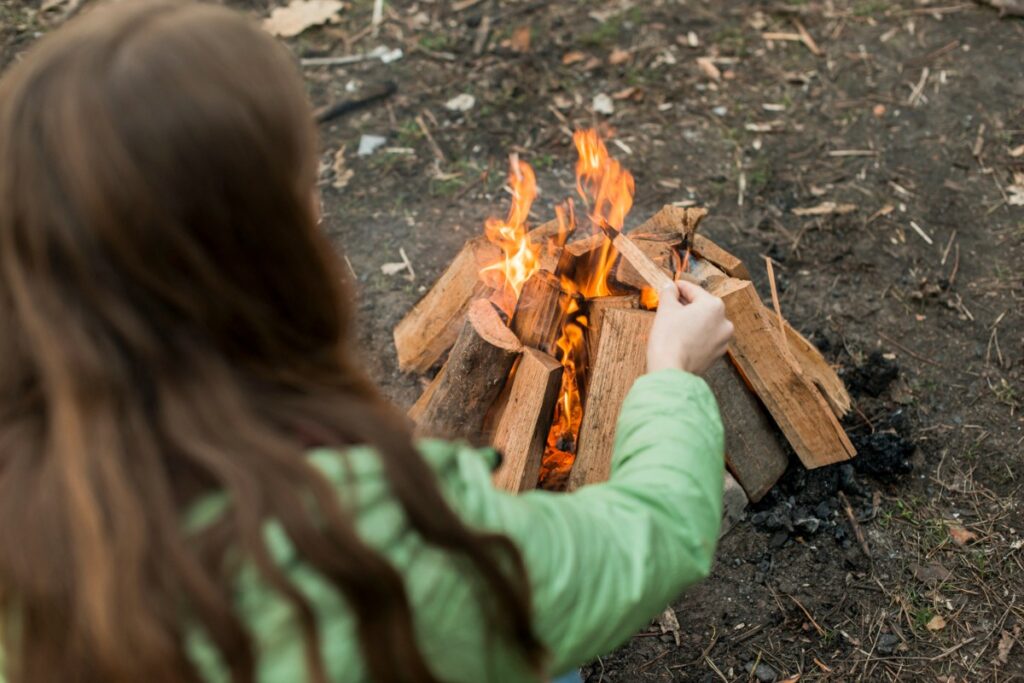
Knowing how to build a fire without tools is a useful skill that can keep you safe in an emergency. You learn to rely on natural materials and your patience.
You start by gathering dry tinder, kindling, and larger wood pieces. Using methods like the hand drill or bow drill, you create friction to produce an ember.
This skill teaches resourcefulness and connection to nature. It’s also a reminder that sometimes the simplest, old-fashioned ways can provide what you need when modern tools aren’t available.
Public speaking confidently
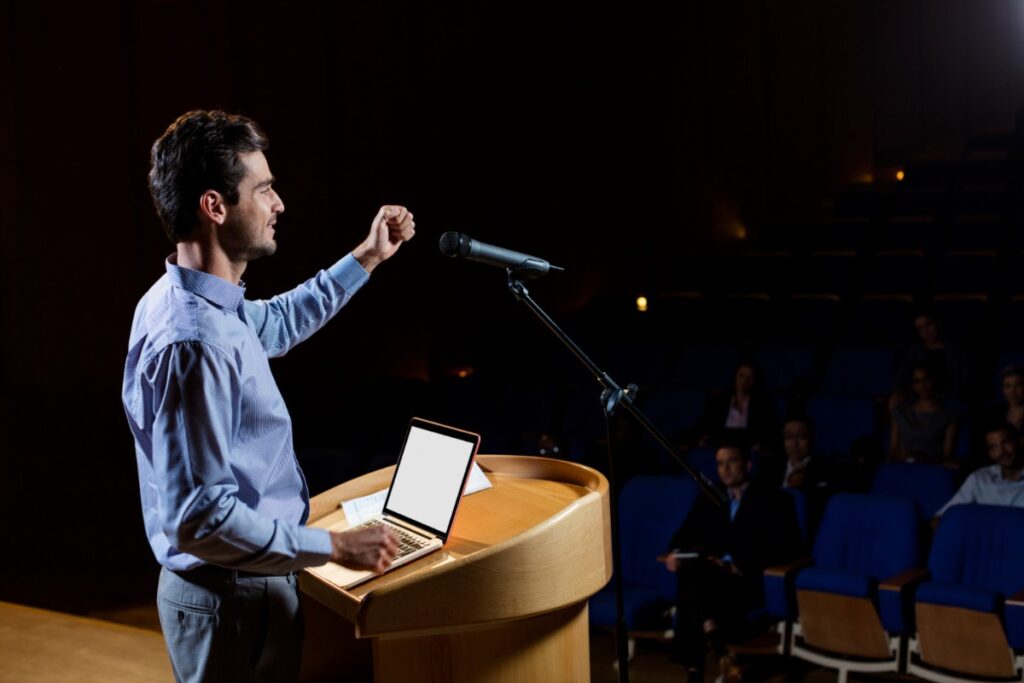
You might avoid public speaking because it feels uncomfortable or scary. The truth is, learning to speak confidently can improve your communication in many parts of life.
When you practice, you gain control over your nerves and clarity in your message. This skill helps you express your ideas clearly and influence others.
Even short speeches taught in school can build your confidence over time. You don’t need to be perfect, just willing to try. Public speaking is a tool that opens doors in careers and personal growth.
Understanding financial literacy
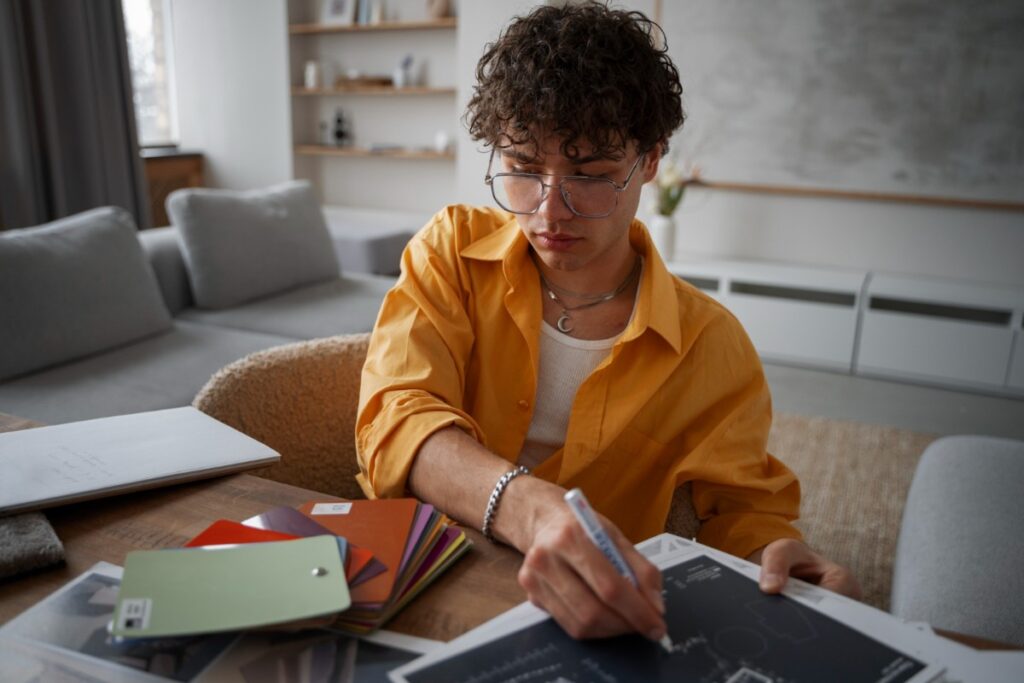
You might think managing money is simple, but financial literacy goes beyond just spending and saving. It means understanding how money works, including budgeting, investing, and even debt.
When you grasp these basics, you gain control over your future. You can make informed decisions, avoid common traps, and plan for long-term goals.
Learning financial literacy can feel challenging at first, but it’s a skill that pays off every day. It helps you build confidence and independence with your money.
Critical thinking and debate

You might find that critical thinking helps you solve problems more clearly. It encourages you to question ideas instead of accepting them right away.
When you engage in debate, you learn to listen and understand other points of view. This can make your own ideas stronger and more balanced.
Skipping these skills can limit how you handle information and conflicts in both personal and professional life. Developing your ability to think critically and debate respectfully can improve your decisions and communication.
Woodworking with hand tools
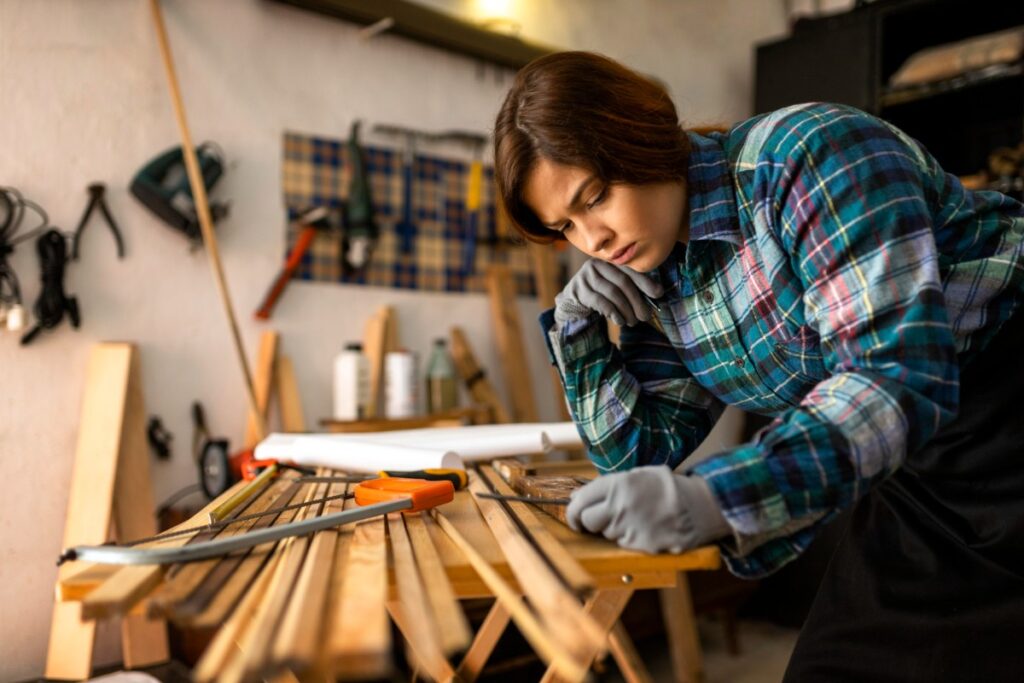
You might think power tools are faster, but woodworking with hand tools teaches patience and precision. When you use just your hands and simple tools, you develop skills that connect you closely to your work.
This practice helps you understand materials better. You learn how wood behaves, which cuts are clean, and how joints fit naturally.
Taking time to work without electricity also encourages creativity. You’ll find satisfaction in making something with your own effort, not just relying on machines. This skill could change how you value craftsmanship.







